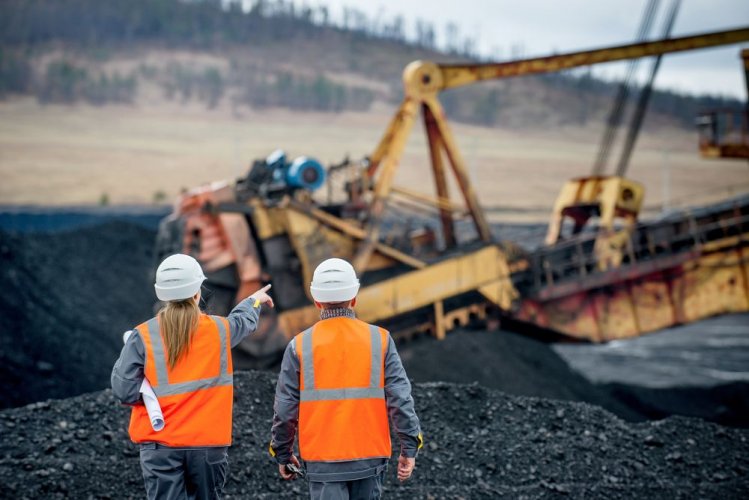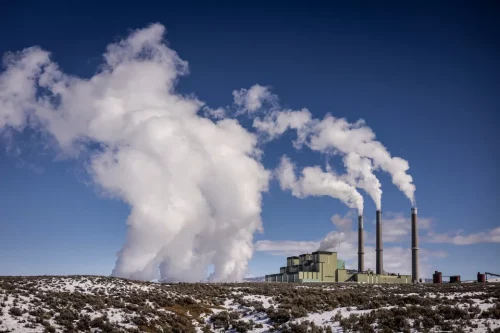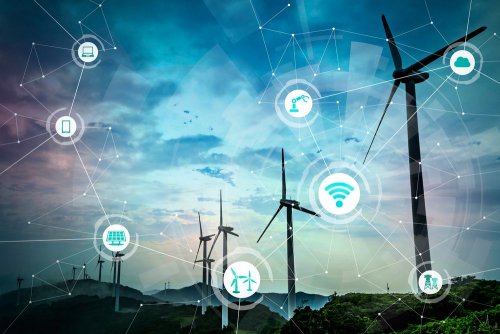The European Commission has allowed to increase the use of coal by 5% and nuclear energy over the next 5-10 years against the background of the abandonment of Russian gas and oil.
Although coal is the most carbon fuel, the EU still plans to meet its carbon reduction targets, informs Financial Thimes.
The article said that Brussels wants to sever ties with Russia's energy sector by 2027 in order to deprive President Vladimir Putin of income and have more freedom to oppose Moscow.
The likely increase in coal use will have short-term consequences for the green transition. Over the next 5-10 years, coal is expected to produce another 100 terawatt-hours of electricity, and nuclear energy, which is low-carbon but unpopular with environmentalists due to waste generated, is expected to produce another 44 terawatt-hours per year.
Frans Timmermans, the commissioner responsible for implementing the REpowerEU plan, explained that Europe, while seeking to decarbonise the economy, had no choice. He also said the unit would achieve its goal of reducing emissions by 55% from 1990 levels by 2030.
Timmermans added that the European Commission should protect EU taxpayers' money by not investing in fossil fuels, which will be phased out, and REpowerEU-funded pipelines and gas infrastructure must be adapted to transport zero-carbon gases such as hydrogen and ammonia. generated by renewable sources.
European Commission President Ursula von der Leyen noted that the share of Russian gas imports to the EU has already fallen from 40% in 2021 to 26%.
Governments will have to loosen regulation to allow faster construction of wind and solar projects.
"If we do not reduce the procedure, we will never reach the required level of renewable energy," said Timmermans.
Environmental activists criticize European Commission's proposal to sell surplus carbon permits € 20 billion, which will release 250 million tons of CO2 under the emissions trading scheme.
"The Commission's plan to speed up the EU's transition to clean energy solutions such as energy efficiency, wind and solar energy is very welcome. But funding this by selling pollution permits is wrong, as is building more fossil gas infrastructure or relying on increased biomass use. it will only prolong our dependence on fossil fuel imports and jeopardize climate goals, "said Esther Asin, director of WWF's European Political Office.
It was explained in the material that part of these funds will be directed to Hungary to persuade the country to accept a ban on Russian oil, as the Budapest opposition postponed the latest EU sanctions against Russia for several weeks. About 2 billion euros will help Hungary, Slovakia, the Czech Republic and other landlocked countries, which are completely dependent on Russian oil, gain access to alternative supplies.
We will remind, The European Commission presented the plan transition to RES and refusal from energy resources from the Russian Federation.
As EcoPoliticа reported earlier, joint EU actions to achieve affordable, safe and sustainable energy within REPowerEU.





